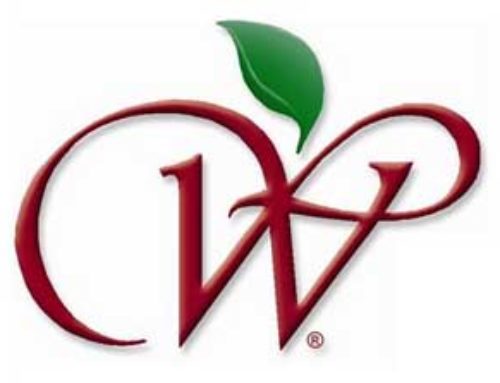
Are you considering outside capital to finance orchard operations? Investment leaders and economists offer a few tips.
—Seek patient investors. Some are used to quicker profits than the fruit industry can promise, said Jim Jackson, a longtime orchard owner and investor. Even those with annual row crops in their portfolio may be shocked that trees take at least three years to bear fruit.
—Make sure they are willing to hire skilled growers as managers and understand that those skilled growers will demand competitive compensation packages, Jackson said.
—Use caution when agreeing to sell land, Jackson said. Consider a clause that allows you to buy out the partners with the cash flow after a certain number of years.
—Make sure the investors understand the volatility of unpredictable weather and fickle overseas markets, said Desmond O’Rourke, a fruit market analyst with Belrose Inc. in Pullman, Washington. Remind them fixed costs will stay the same, even when profits take a hit.
—Gauge investors’ overall profit expectations and make sure they are reasonable, O’Rourke said.
—Have accurate figures ready, said Clark Seavert, an Oregon State University agricultural economist. Know your establishment’s costs and returns. A bank would ask similar questions for a conventional loan.
—Ask to stick with a cash method of accounting, which is simple and most common in farming, Seavert said. He recommends against an accrual accounting system, which is more complex.
—Ask if the investors will let you stick with your packing house, Seavert said.
—Have a good succession plan in mind and make sure the investment group understands and appreciates the importance of legacy, Seavert said.
—Contact an attorney and an accountant, Seavert said, which are good ideas in any structure.
—Research various investment structures. Michael Butler of Seattle’s Cascadia Capital favors family office investments. They are usually patient and content with long-term minority partner status. “We think they’re the right financial and cultural fit,” he said.
—Use investment funds as a way to smooth the transition between generations, especially if some of the kids in your family want to farm and some don’t, said Eric O’Brien, general manager of Fall Line Capital in San Mateo, California. The investors can provide a cash exit for the ones who want out, and take their place as partners with the ones who want in.
—Consider other structures, too, O’Brien said. For example, his company has one partnership in which the investors own the land and paid for the orchard development, while the grower pays a lease plus a share of the profits. It’s limited and specific to one orchard. Another model gets more involved, when a vertically integrated company wants to grow in all aspects of its business. In that case, the investors would ask for an overall percentage share in the company.
—by Ross Courtney
Related: Financial partners offer growers growing opportunities






Leave A Comment